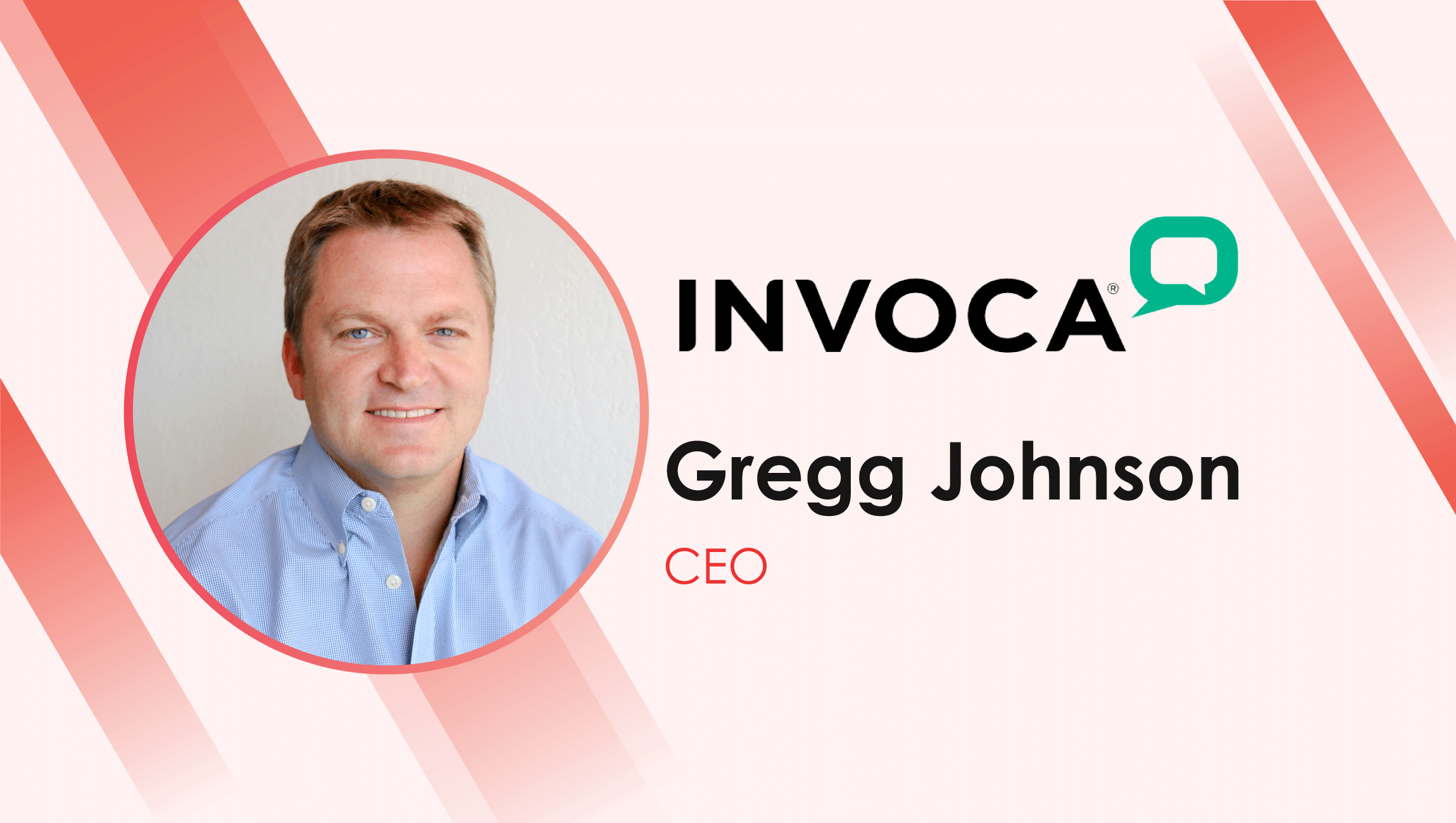While the traditional marketing funnel follows the stages of awareness, interest, decision, and action, it may not always accurately reflect how consumers shop.
These stages typically represent the pre-purchase phase of the buying journey, with action leading to the purchase phase and ultimately to post-purchase. The challenge for advertisers is how to engage with customers throughout the entire funnel.
The solution is affiliate marketing, which enables brands to connect with customers at every stage of their shopping journey, from pre-purchase to post-purchase. Beyond influencing the entire journey, advertisers also mitigate risk in a recessionary environment.
When incentives map to clear outcomes, financial risk is somewhat alleviated for advertisers. If these partners don’t deliver results, they don’t earn anything—providing an incentive for action and a shield for the marketer. By only spending advertising dollars for real actions, affiliate marketing is genuinely a win-win model for promoting products, services, and apps that can weather tough economic storms and recession proof pipeline.
Looking at past American recessions, maintaining or enhancing marketing efforts during a downturn can produce long-term gains. Businesses that implemented aggressive tactics during the 1980 to 1985 recession secured 256% higher sales in post-recession years than brands that stopped marketing altogether.
Marketing trends during the 2008 recession found that 60% of brands that paused all marketing saw a 24% decrease in brand use and a 28% decrease in brand image.
The Growth of Affiliate and Partner Marketing in Recent Years
Affiliate marketing is a performance-based marketing strategy in which businesses pay affiliates, individuals, or companies a commission for each sale or lead generated through their promotional efforts. This marketing strategy has evolved in recent years from being recognized as incentive first, to now a channel that can help drive growth and ROI beyond just clicks.
Affiliate marketing saw its major growth spurt during the height of the pandemic and is an ideal model for minimizing risk while achieving substantial gains in awareness, reach, and revenue.
The global affiliate marketing industry is worth over $17 billion and is a top revenue stream for 31% of publishers in 2023. And 54% of companies expect to increase their marketing budgets this year to help weather the economic downturn and maintain momentum.
Marketing Technology News: MarTech Interview with Lindsay Sanchez, CMO at Khoros
The Rise of Creators as Affiliates
One of the biggest trends driving the growth of affiliate marketing is the rise of influencer marketing. Influencer marketing involves businesses partnering with social media influencers and content creators to promote their products or services to their followers. As now a major component of businesses, it’s proven to drive sales with minimal investments.
The uncertain economy is a key factor fueling a brand’s increasing interest in affiliate marketing strategies as a more cost-effective influencer payment model.
In 2023, we can expect to see even more businesses incorporating influencer marketing into their affiliate and partner marketing strategies.
According to a survey by Influencer Marketing Hub, 83% of marketers believe that influencer marketing is an effective form of marketing, and notably, 67% of businesses plan to increase their influencer marketing budgets in 2023.
Importance of Transparency and Authenticity with Affiliates and Publishers
Affiliate outcomes match up to business and marketing outcomes because advertisers can set variable prices for the outcomes that impact their businesses with partners that have audiences relevant to the advertisers’ niche. It is a win-win.
As affiliate and partner marketing continues to grow, it’s becoming increasingly important for businesses to prioritize transparency and authenticity in their marketing efforts. Consumers are becoming more savvy and more discerning when it comes to marketing messages. They want to know that they can trust the businesses they buy from.
It’s important to note that in 2023, companies are committed to developing customer loyalty that’s primarily centered around authenticity, a characteristic that attracts customers and drives overall sales growth.
We can continue to expect to see more businesses prioritizing transparency and authenticity in their affiliate and partner marketing strategies. This might involve being more upfront about the commission structures in place, working with partners who share their values and beliefs, and being transparent about the relationships between businesses and influencers.
Marketing Technology News: Conscious Brands: Walking the Talk of LGBTQ+ Support Beyond Pride Month
One of the biggest challenges facing businesses in the affiliate and partner marketing space is attribution. Attribution refers to the process of determining which marketing efforts led to a particular sale or conversion. This is particularly challenging in the context of affiliate and partner marketing, where multiple affiliates or partners may be promoting the same product or service, however, there are technologies that allow affiliate teams to apply methods that properly accredit preferred channels.
With the right tech stack, including real-time monitoring and improved tracking and reporting analytics, affiliate marketing offers better insight into the performance of campaigns and allows brands to make real-time adjustments.
We can expect to see more businesses investing in technology solutions to help with attribution specifically from affiliates and partners. This might involve using multi-touch attribution models that take into account all the touchpoints in a customer’s journey and the influence of all touchpoints across the user lifecycle.
Marketing trends in 2023 center around leveraging the right tech stack, incorporating creators into campaigns, and transparency and brand development.
These kinds of tactics can help companies be resilient and recession proof despite a looming economic shift. While some companies are opting to pull back on marketing budgets, now is the time that brands need to be more strategic in how they reach consumers and convert them into lifelong customers.












